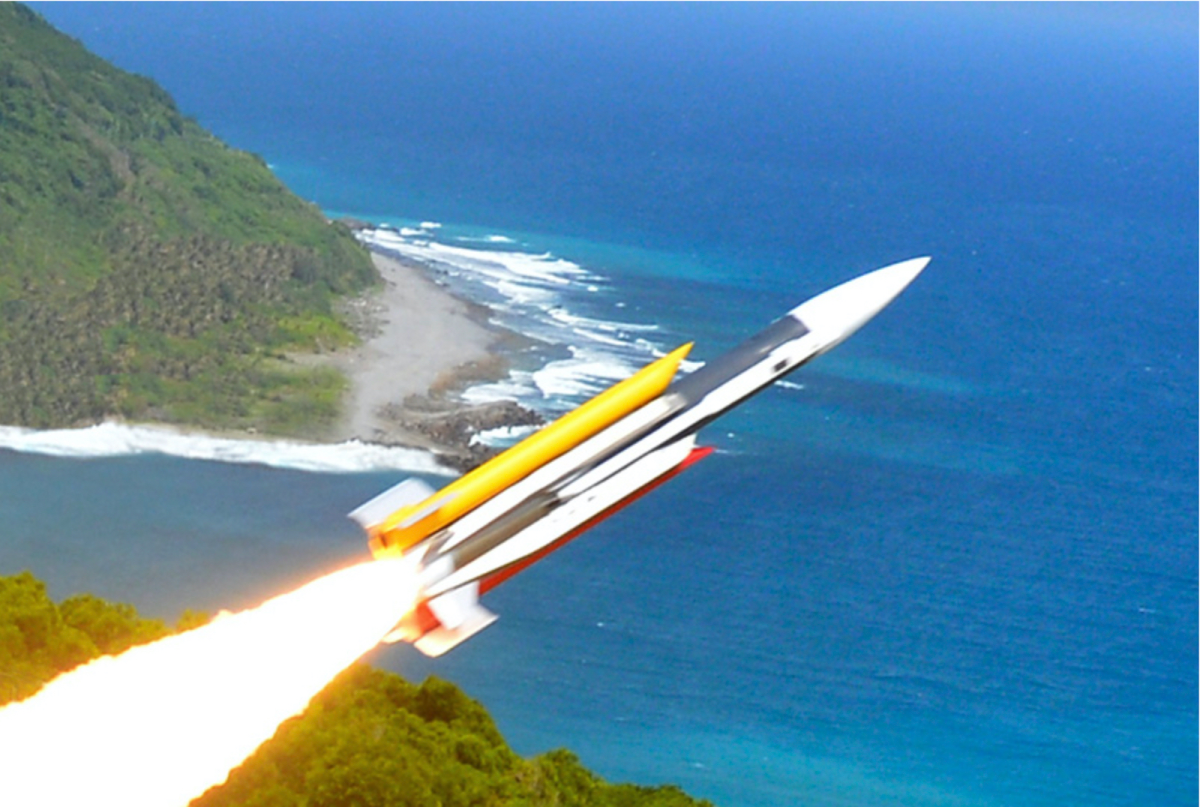The presidential and parliamentary elections held in Taiwan on January 13 were, in many ways, the most consequential in the Indo-Pacific region this year. Although larger countries like Indonesia and India will have elections with more voters, Taiwan’s election provides unique insights.
Firstly, Taiwan is the only Chinese-speaking country with a thriving democracy, demonstrating the compatibility of Chinese culture with democracy. The significance extends to the election outcome, where Taiwan elected a new president from the same party as the predecessor, defying intimidation from its powerful neighbor, China.
After eight years of President Tsai Ing-wen from the Democratic People’s Party (DPP), Lai Ching-te, the DPP’s vice-president, will take office in May. This breaks the cycle of power transitions between major parties and occurs amid heightened tension between China and Taiwan, marked by increased Chinese military activities near Taiwan.
The third notable aspect is that during the election, no party advocated for unification with China, and all parties emphasized strengthening Taiwan’s defenses. Despite disinformation efforts and attempts to influence public sentiment toward mainland China, there was no discernible impact on the voters.
While economic and social issues were primary concerns for voters, such as wage growth and housing costs, all three parties pledged increased defense spending. The DPP lost its majority in the Legislative Yuan, necessitating negotiations with other parties for support.
China attempted to exploit the DPP’s loss by questioning its representation of Taiwanese views. However, on matters of unification and defense against China, the election results aligned closely with opinion polls, indicating minimal support for unification and a preference to maintain the status quo.
Looking ahead, questions arise about the future dynamics between China, Taiwan, and the United States. Speculation surrounds whether China will escalate intimidation tactics following President Lai’s victory. However, China faces limited options unless it considers a real invasion or blockade, both of which present significant challenges.
Economic pressure on Taiwan is less effective, given its globalized economy’s resilience and reduced dependence on the mainland. China may wait until after the U.S. presidential election in November to determine its course of action. The U.S. commitment to defend Taiwan, as stated by President Joe Biden, and the support from allies like Japan and the Philippines will influence the evolving situation in the Taiwan Strait. The U.S. election on November 5 is anticipated to be the second most significant event for the Indo-Pacific’s future, following Taiwan’s election on January 13.

